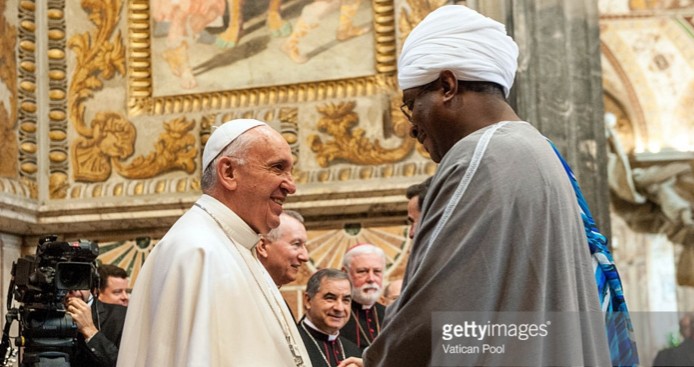“Lord, forgive me if I have forgiven too much. But you’re the one who gave me the bad example!”
This line, from a priest who had doubts about whether he was too forgiving in the confessional, is one of many priceless anecdotes from Pope Francis in the newly-released The Name of God is Mercy (Random House, 2016).
This book is a collection of conversations on God’s mercy between Vatican reporter Andrea Tornielli and Pope Francis.
It is quintessentially Francis.
The Pope elaborates on some of the most quoted lines from his papacy, such as the question-heard-’round-the-world regarding gay people who seek the Lord: “Who am I to judge?”
Pope Francis emphasizes the need for merciful shepherds, not modern-day “scholars of the law,” and gives many memorable — even folksy — examples, such as an analogy between a corrupt man and a person with bad breath.
We also get to know the heart of Francis in these conversations. When hearing confessions, Francis reveals how he often thought about his own sins and his need for mercy, “and so I tried to forgive a great deal.” He talks several times about his encounters with those who are incarcerated, including the thought he has every time he goes to a prison: “Why them and not me? I should be here.”
There is a lot in this little book with which one can pray and reflect, including the Pope’s insight that serves as the title of the book: “The name of God is mercy.” Pope Francis says that recognizing oneself as a sinner is a gift in that sin is where I encounter the mercy of Jesus.
There is also a bodily component to this mercy that comes across in the Pope’s responses. He says that the Church exists “to bring about an encounter with the visceral love of God’s mercy.” We, then, “touch the flesh of Christ” in those who are most in need.
The Pope says that he wants “a Church that warms people’s hearts with its closeness.” His own warmth and nearness to people jumps off the page and serves as a challenge to us today. All of us can be part of that heart-warming, merciful Church.
The whole thing sounds a like a fireside chat with your grandpa or a series of great homilies strung together. The book is quite short, but just as I have never left a homily thinking, “Wow, I really wish that was longer,” the brevity works.
These conversations are packed with wisdom that I will be chewing on for a long time. I, too, hope to learn from God’s “bad” example of forgiving too much.
–//–
Here is Pope Francis opening the Jubilee Year of Mercy. (Who knew that he collaborated with Adele?)
I simply couldn’t resist… #Mercy
Posted by Eric Sundrup on Tuesday, December 8, 2015


